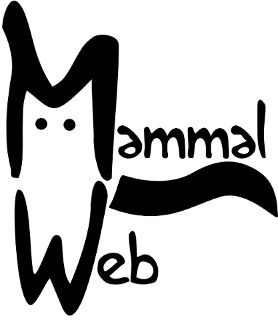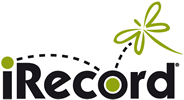


About Us
We are a growing group of individuals (all volunteers) whose aim is to look after the health and welfare of the wild mammals of Cambridgeshire and regularly undertake a range of activities.
The formal Constitution of the Group describes our objectives - to work for the conservation and protection of wild mammals in Cambridgeshire - in more detail.
Download our leaflet here or
Contact Us at cambsmammal@gmail.com
Download our 2025 AGM Report here
What We Do
We survey and record the presence and activities of the county's wild mammals, particularly otters, badgers, water voles and the small mammals (like mice, shrews and voles). These records are vital to help protect the county's wilder (but in some cases not so wild) places from illegal interference and land development - we are consulted by developers concerning our records of mammal species on a particular site.
We're also involved in monitoring the changes in mammal populations following changes in land use - for example we look at the increase (or decrease) in small mammal numbers when new woodlands or new wetlands are being created.
Our records can also be instrumental in the creation of, for example, badger tunnels under new roads when a badger sett is otherwise being cut off from the badgers' normal feeding grounds.
One important aspect of our work is the raising of public awareness about the county's mammals - to that end we supply speakers on badgers, otters and so on to a range of organisations (to any group that asks) and we take stands at relevant conservation events, county shows, village events, etc.
Training of new members, members of other groups and members of the public is arranged and undertaken - this is practical- and classroom-based - we cover work on badgers, otters, water voles and small mammals mainly.
We are also frequently called upon to advise members of the public and others on a wide variety of issues relating to mammals and their habitats - the main ones seem to be about badgers and gardens!
What to do if you see a dead badger
.





